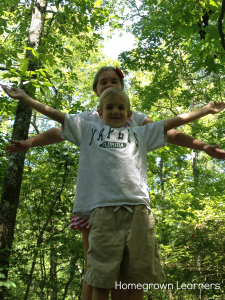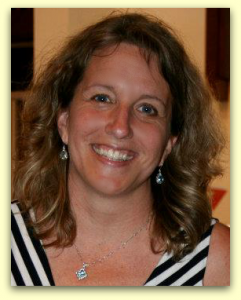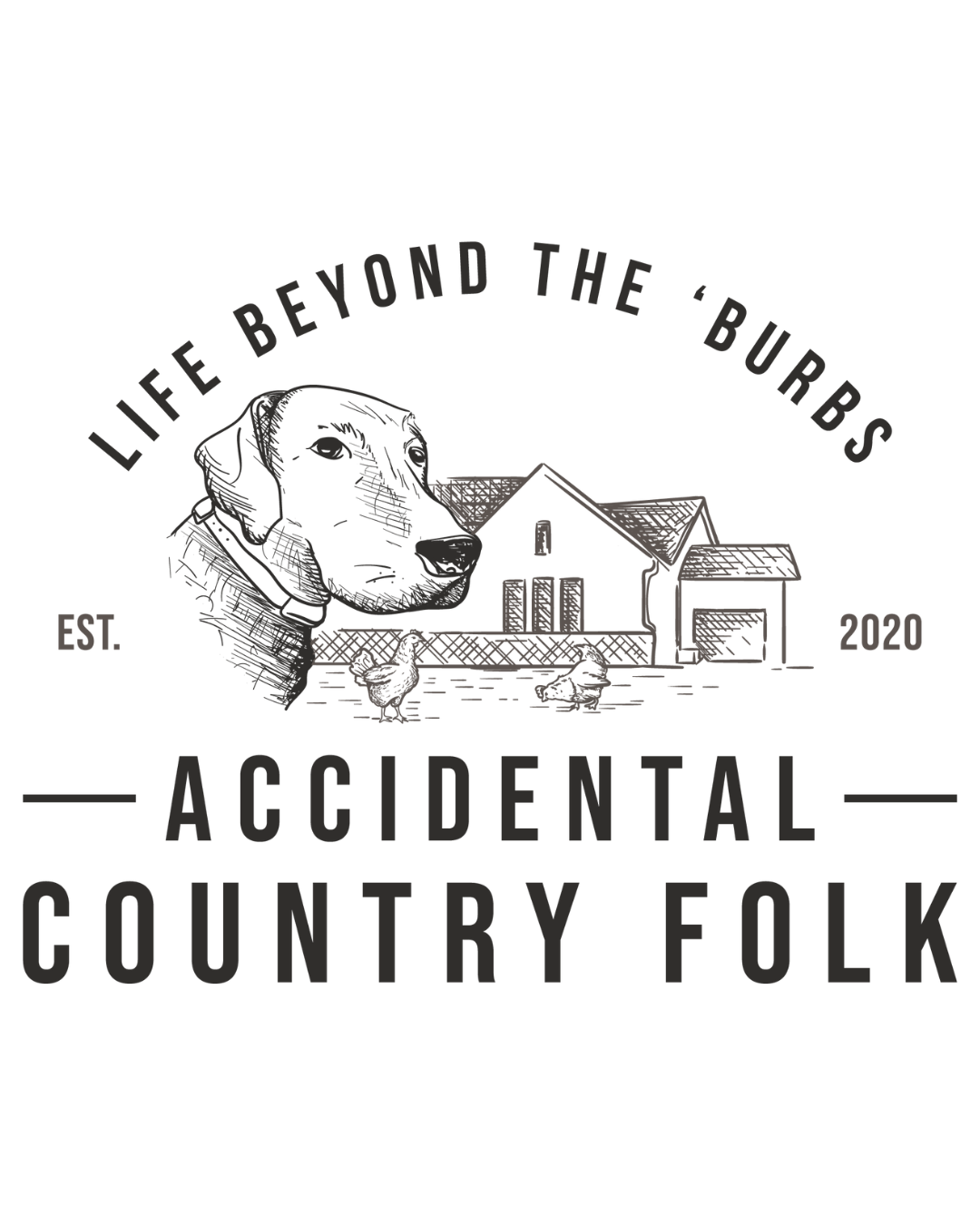The Core: Science
I am quite pleased to indroduce, Mary from Homegrown Learners to you. Though Mary and I are both a part of the iHomeschoolNetwork community, we don’t often dialog. However, God did a very cool thing shortly before I left on vacation. I caught a tweet that Mary sent out regarding her finishing up a cursory read of The Core. (If you are new to The Core book club, check out previous discussions on my Classical Education page.)
Perfect, I thought. I quickly asked her if she would be willing to write a blog post for me while I was gone. She agreed and this is the result of one of the many good things that the Lord does . . . please welcome Mary.

What is the point of Science?
“Science is at your very doorstep.”
This idea is what I took away from Chapter 9 of The Core.
“Develop a working vocabulary for the basic framework of nature.”
This is a goal I have set for myself and my children after reading Chapter 9 of The Core, as well.
I’m experiencing a gradual shift of my educational mindset in the past few years. Reading The Core is helping complete this shift. I’m so thankful to have just finished the book and had some extensive quiet time to discuss it with my husband, do further reading, etc…
In planning for science for the upcoming school year it was serendipitous that Jodi asked me to write this guest post about science and classical education; more specifically about Chapter 9 in Leigh Bortin’s book The Core.
Implementing Science
Science is NOT one of my stronger areas, but I was happily surprised to read that I had been doing some things RIGHT, and even more happy to learn that there are a few ideas I can implement without too much difficulty.
Let’s go over the main points about science and a classical education. {These are Leigh Bortin’s ideas, not mine.}
Foster curiosity through the development of observation skills.
Since we have adopted so much of a Charlotte Mason attitude about science in my children’s early years, I feel like we’ve done a great job with this. We do a lot of informal nature study. We will continue to do so this year.
Define and classify terms that describe the universe.
We need a bit more work on this. I have done a lot of unit studies with my kids. (According to The Core, however, unit studies aren’t effective with young children.) We have also been using Elemental Science, which emphasizes a classical approach to learning.
I would like to have my children memorize science facts this year and perhaps keep a science fact notebook.
Conduct experiments to study cause and effect
Experiments are something we love, and I want to make an effort to incorporate at least one wonderful experiment each week. Leigh Bortins mentions Janice van Cleave and I agree – she is a wonderful source for science education.
One of my favorite resources out there is the weekly meme, Science Sunday, where bloggers share their science experiments.
Present the ideas of influential scientists.
Last year we studied Louis Pasteur in great detail. I would love to choose a few scientists to study this year and incorporate living books in that study. Not only is it important to study those scientists, it is then important to talk about them and share what you have learned.
I’m learning so very much from reading this book – the ideas all make such SENSE are are so exciting. If I can implement just a fraction of them I know my children will be better learners!

Mary is an eclectic (wannabe Classical?) homeschooling mom of two children, ages 11 and 7. She loves all thing education. She is also a musician and runs a piano studio out of her home. She blogs at Homegrown Learners.

This is such a helpful post! I now want to read “The Core,” learn more about Janice van Cleave, and connect with the Science Sunday meme! Thank you for posting such great and challenging information!
So glad you enjoyed it! Mary is awesome!